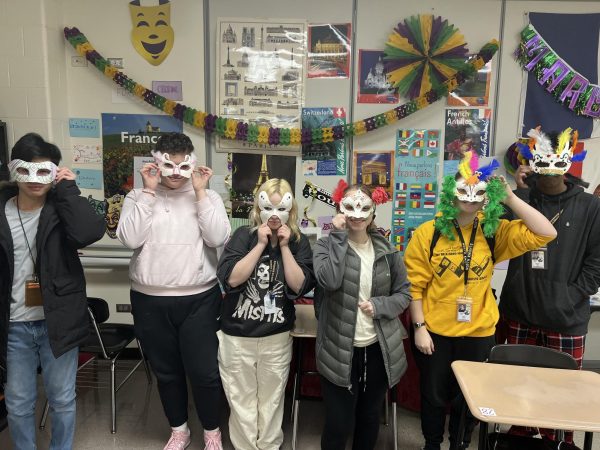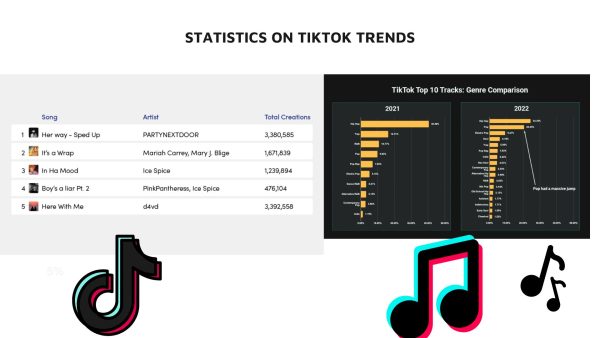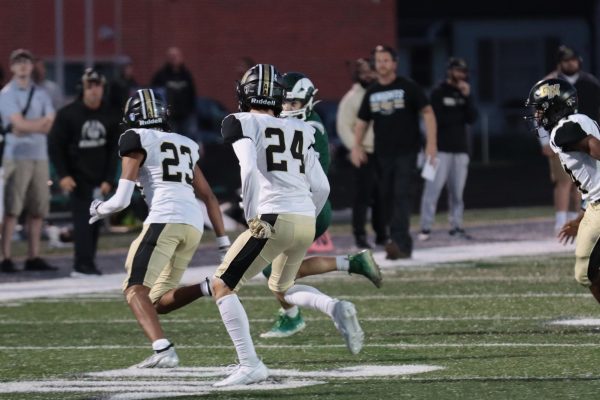Consent, sexual education taught in schools
One of the biggest things in the news in 2017 was the emergence of the #MeToo movement (also known as the silence breakers), where women across the world came out about their experiences with sexual assault. Many celebrities participated in this movement, including Angelina Jolie, Reese Witherspoon, and Jennifer Lawrence to name a few.
The movement became so relevant that it won TIME’s person of the year for 2017. With #MeToo’s impact, the topic of consent is on everybody’s mind, including high schoolers. So how will this movement impact students?
“The #MeToo movement will affect high schoolers positively. High school is a very moldable time and kids latch onto things they’re learning about and adopt it into their identity. This allows an incredible opportunity [for #MeToo] to make a good impact on people.High school is a prime place to make a cultural difference nationwide,” said professional cuddler for Cuddlist Keeley Shoup.
Not only will the #MeToo movement have effects in terms of student education and awareness of the world around them, it may also have impacts in terms of how students think and feel about themselves and others.
“Education is power. Learning how to stand up for yourself, make wise decisions, and learning the importance of personal boundaries [are all impacts],” said health teacher Melissa Smith.
#MeToo is also something on students’ minds during their sexual education course in Health during sophomore year.
“[In Health] we emphasize safety as well as putting a strong emphasis on consent and what that looks like. We talk about how that could change, as someone could consent one minute and then not the next,” said health teacher Carolyn Gaffke.
The #MeToo movement has allowed many women to come and tell their story about consent, and is a chance for many others to feel safer and more able to say no when they don’t want to participate.
“No one should feel threatened. Everybody should be heard, and most importantly be respected. If someone says no, it means no,” Smith said.






